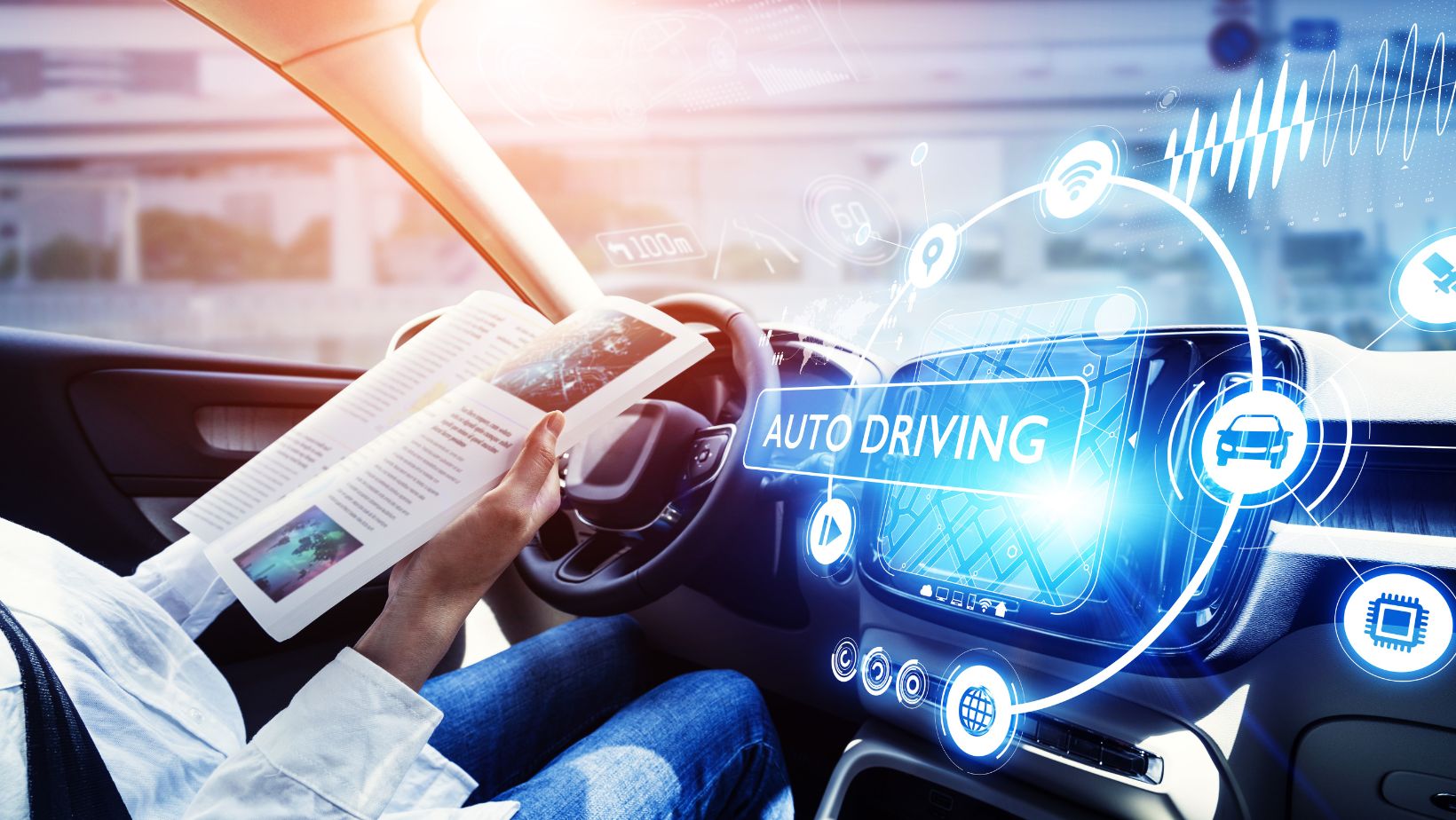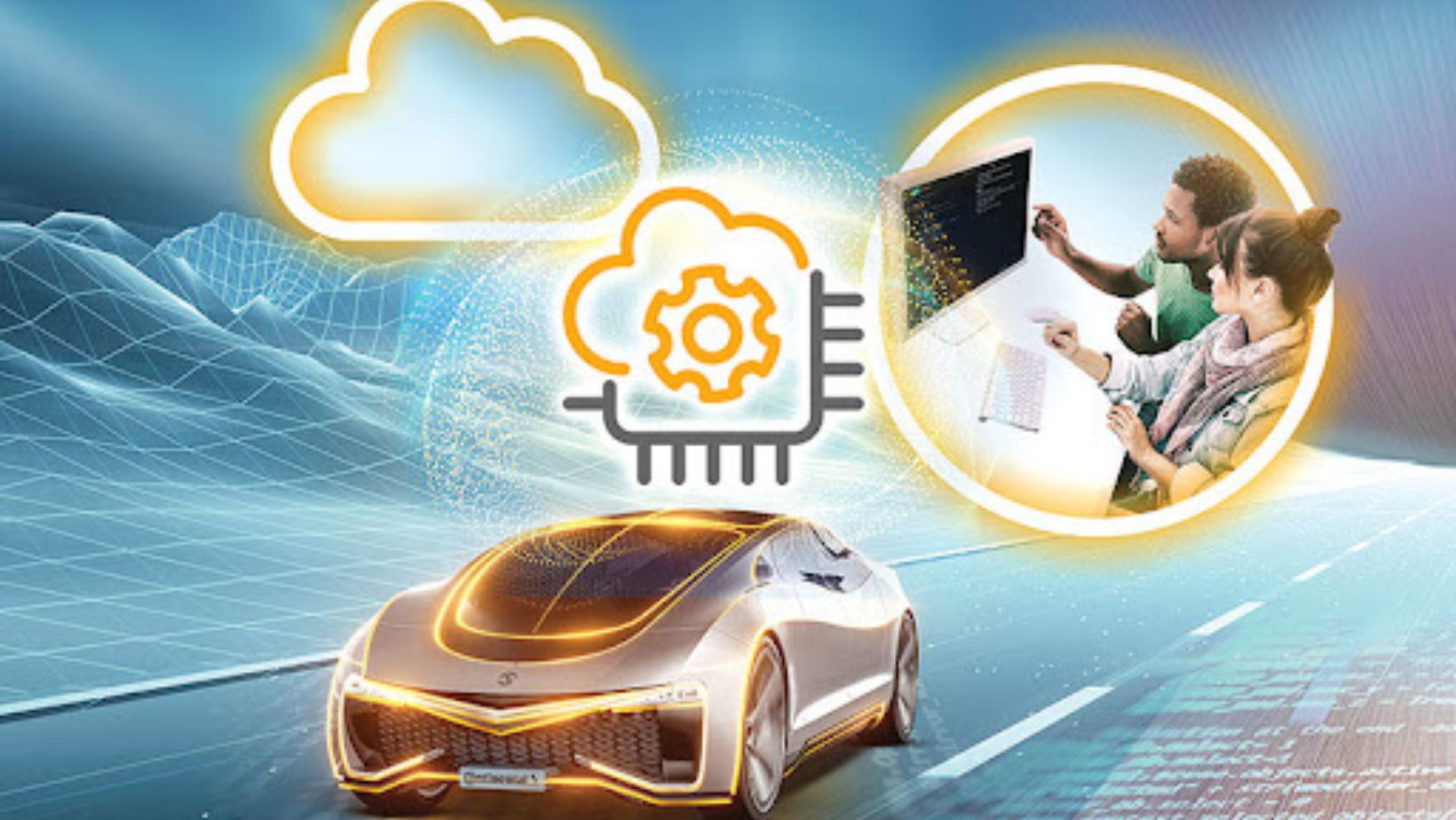In today’s fast-paced and technologically advanced world, the automotive industry is undergoing amazing transformations. A key catalyst for this change is the rise of automotive software development companies. These companies are at the forefront of automotive technology, developing innovative solutions that move the industry forward.
A modern car is no longer just a means of transportation. It is a rolling computer with wheels. From advanced infotainment systems to autonomous driving features, software is the driving force behind modern automotive innovations. Automotive software companies play a pivotal role in ensuring these features are functional but also safe, reliable, and user-friendly.
Avenga, an automotive software development company, decided to tell us more about how automation works, the challenges it faces, and its benefits.
Growing Demand for Software-Enabled Vehicles
As our world becomes increasingly interconnected, our cars are following suit. Consumers now demand more from their vehicles than just reliable transportation. They want smart cars with software to enhance their comfort and driving experience. This surge in demand has created a thriving market for automotive software development companies.
The term “smart car” has become synonymous with modern automobiles. These vehicles are equipped with various sensors, cameras, and advanced computing systems that constantly collect data and make decisions in real-time. Software developed by automotive software companies allows these cars to sense their environment and react accordingly.
Such software is used in navigation, voice recognition, and entertainment systems to enhance the driver and passenger experience. From finding the nearest coffee shop to streaming music, these systems have become an integral part of our daily commute.
One of the most exciting developments in this area is autonomous driving. Companies are investing heavily in self-driving technology, and software is the heart of this innovation. It enables cars to navigate complex road conditions, make decisions, and ensure passenger safety.

The Triple Role of Automotive Software Development
Improving safety, enabling connectivity, and paving the way for autonomous vehicles are the main goals of automotive software development. Let us explore the critical role software plays in these three areas and how it is shaping the future of the automotive industry.
Enhancing Security
When developing automotive software, safety becomes a priority, and advanced driver assistance systems (ADAS) are a prime example. These systems use sensors and the latest software to monitor a vehicle’s surroundings. They offer features such as adaptive cruise control, lane-keeping assist, and automatic emergency braking that reduce the likelihood of accidents and help make roads safer for everyone.
Enabling Connectivity
In today’s automotive world, drivers expect seamless connectivity in their vehicles. Automotive software companies respond to this demand by developing innovative infotainment systems and telematics solutions. These systems facilitate real-time communication, provide access to navigation and entertainment, and offer remote diagnostics. In doing so, they inform and entertain drivers while simplifying maintenance procedures.
The Path to Autonomy
The automotive software development industry is delving into intricate algorithms and using artificial intelligence to bring self-driving cars closer to reality. Achieving higher levels of automation requires software that can interpret data from various sensors and make complex decisions in real-time, a fundamental step towards realizing a future with autonomous vehicles.
Automotive software development is the key to creating safer, more connected, and ultimately autonomous roads. By enhancing safety through technologies such as ADAS, enabling connectivity through infotainment and telematics solutions, and paving the way for autonomy through sophisticated software algorithms, this field continues to transform how we perceive and experience the world of transportation.
Challenges and Innovations
While the automotive software industry is making impressive strides, it has challenges. Data security is a significant concern as vehicles become increasingly connected. Automotive software companies constantly develop robust security measures to protect against cyber threats. These companies are vigilant about protecting sensitive data, from encrypting communication channels to implementing over-the-air updates.

Data Security
As vehicles become increasingly connected, the risk of hacking and data leakage becomes more pronounced. Automotive software developers must prioritize cybersecurity to protect the car and its occupants.
Regulatory Compliance
As technology advances, regulations must keep up with the times. There is a constant battle in the industry to harmonize software and security standards.
Over-the-Air Updates
One of the great innovations in automotive software development is the ability to update a vehicle’s software remotely. It means bug fixes, new features, and even performance improvements can be implemented without visiting a dealership.
Artificial Intelligence
Artificial intelligence (AI) is driving the development of automotive software. AI is used to interpret sensor data, make split-second decisions, and improve the overall driving experience. Whether recognizing pedestrians or predicting maintenance needs, artificial intelligence is revolutionizing the automotive industry.
The world of automotive software development is a dynamic space where challenges and innovations go hand in hand. As the industry faces data security and regulatory compliance challenges, it responds with revolutionary over-the-air updates and artificial intelligence integration. These advances are shaping not only the future of automotive software but also the future of transportation itself with safer, more connected, and autonomous roads.














